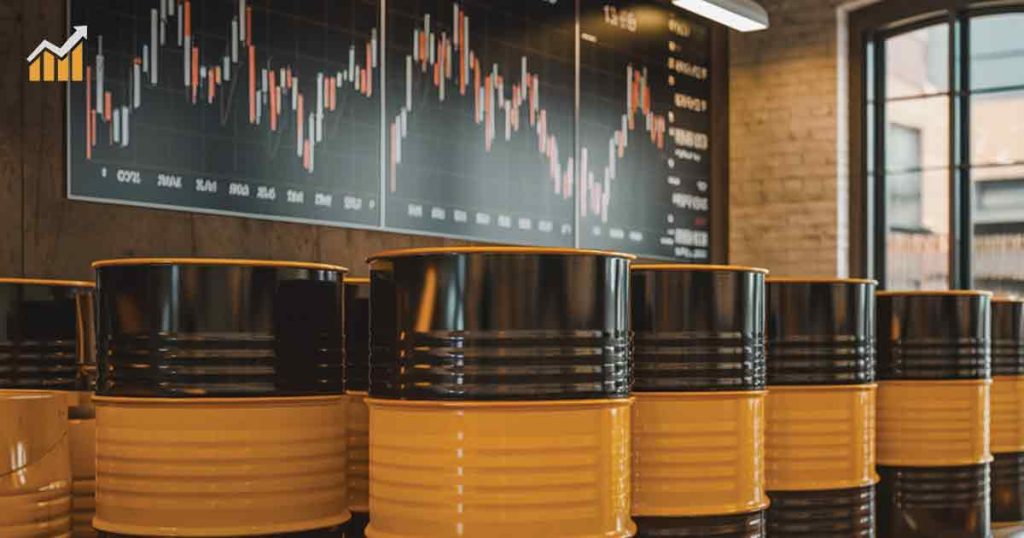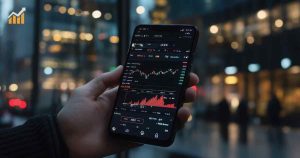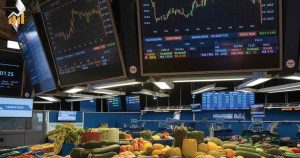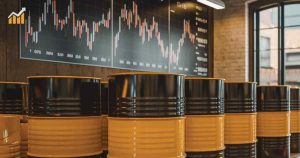Commodity trading is a growing opportunity in Pakistan for investors, students with a financial interest, and aspiring traders. Whether you’re looking to diversify your investment portfolio or to explore uncharted financial markets, commodity trading offers significant potential. But how exactly can you get started? This guide will take you step-by-step through the basics of commodity trading in Pakistan, touching on everything from understanding commodities to managing risks and identifying future opportunities.
What Is Commodity Trading in Pakistan?
Commodity trading involves buying and selling physical goods or their derivatives to profit from market fluctuations. Traders typically focus on raw materials like gold, cotton, crude oil, or wheat. Pakistan has a budding commodity trading market, bolstered by the Pakistan Mercantile Exchange (PMEX), the country’s only multi-commodity futures exchange.
Understanding the Basics: What Are Commodities?
Commodities are raw materials or primary agricultural products that can be bought and sold. These can be classified into the following categories:
Agricultural Commodities: Examples include wheat, cotton, rice, and sugar.
Metals and Minerals: Popular ones include gold, silver, and copper.
Energy Commodities: Crude oil and natural gas dominate this segment.
The key lies in being able to speculate on their price movement based on supply-demand dynamics, political events, or even weather conditions.
The Role of Commodity Exchanges in Pakistan
The Pakistan Mercantile Exchange (PMEX) is the backbone of commodity trading in Pakistan. It allows individuals and businesses to trade a variety of commodities in a regulated and secure environment. PMEX has brought digitalization and accessibility to commodity trading, enabling participants to trade using online platforms
Key features of PMEX include:
- A fully electronic system to ensure efficiency.
- Trading in standardized commodities like gold, cotton, energy, and metals.
- Transparent pricing mechanisms.
Platforms like PMEX have also partnered with brokerage organizations like Floret Commodities, which assist traders by providing insights, analysis, and trading platforms.
Steps to Start Trading in Commodities in Pakistan
Are you ready to jump into commodity trading? Here’s a simple roadmap:
1. Check Your Eligibility and Prepare Documentation
Ensure you meet the eligibility criteria, often requiring you to be 18 years old or above with certain financial standing. Documentation typically includes a valid CNIC, proof of address, and a bank account statement.
2. Select a Reliable Broker
Brokers play a vital role as intermediaries between traders and the PMEX platform. Look for a licensed entity like Floret Commodities, known for its transparency and offering user-friendly trading tools. Compare their services, fees, and customer reviews before committing.
3. Open a Trading Account
You’ll need to open a commodity trading account with your broker. Once registered, you’ll gain access to PMEX’s marketplace to start trading commodities.
4. Fund Your Account
Deposit adequate funds in your trading account. The initial funding amount may vary depending on broker requirements and the commodities you wish to trade.
5. Learn the Trading Platform
A robust trading platform is critical for managing and executing trades. Most brokers, including Floret Commodities, offer demo accounts to help new traders practice before investing real money.
Types of Commodities Traded in Pakistan
Understanding which commodities are traded in Pakistan helps identify lucrative opportunities:
1. Agricultural Commodities
Pakistan has a strong agricultural sector, making crops like wheat, rice, and cotton popular trading commodities. Price fluctuations often depend on seasonal harvests and global demand trends.
2. Metals and Minerals
Gold is Pakistan’s most actively traded metal, followed closely by silver. These commodities are often considered safe investments during economic uncertainty.
3. Energy Commodities
Due to Pakistan’s dependency on imported energy, crude oil and natural gas are traded frequently. Their prices are highly sensitive to geopolitical events, supply chain disruptions, and OPEC decisions.
Risk Management in Commodity Trading
Commodity trading can be profitable but inherently carries risks. It’s essential to manage these risks with the right strategies:
Hedging
Hedging involves taking an offsetting position to reduce the impact of market volatility. For instance, if you’re a wheat producer, you can hedge by taking a short position in wheat futures to lock in current prices.
Understanding Leverage and Margin
While leverage allows traders to control larger positions with less capital, it amplifies both gains and losses. Avoid over-leveraging your trades and monitor margin requirements closely.
Diversification
Don’t put all your investments into one commodity. Spread out your portfolio across different types of commodities to balance risk.
Tips for Successful Commodity Trading in Pakistan
Patience is Key:
Commodity trading requires discipline and patience. Avoid making hasty decisions based on short-term fluctuations.
Stay Updated with Market News:
Commodity prices can fluctuate based on both local and international events.
Start Small:
If you’re new to trading, start with smaller investments to understand patterns and gain experience.
Use Analytical Tools:
Most brokers, including those associated with PMEX, provide analysis tools. Utilize these for market insights.
Follow Economic Trends:
Global supply-demand dynamics for commodities like oil or gold often dictate price movements.
Future Trends and Opportunities in the Pakistani Commodity Market
The Pakistani commodity market is evolving rapidly, and several trends are making the sector more accessible and attractive:
- Digital Trading Platforms: Platforms like PMEX are simplifying how Pakistani investors access local and global commodities.
- Focus on Agricultural Commodities: Government emphasis on agricultural exports provides opportunities for those trading commodities like rice, cotton, and sugar.
- Global Commodity Linkages: Through PMEX, traders can also access international commodities, expanding their investment horizon.
There’s no denying that as the market matures, it will offer even more diverse trading opportunities for local investors.
Why Commodity Trading Offers Big Potential for Pakistani Investors
Commodity trading in Pakistan reflects its dynamic economic environment. From exploring agricultural products to leveraging global trends in energy and metals, the market provides immense opportunities. Whether you’re a student looking to learn or a seasoned investor seeking diversification, exploring commodity trading could be your gateway to financial growth
To ensure success, it’s crucial to take the time to understand the fundamentals, work with reliable brokers like Floret Commodities, and adopt smart trading strategies.
If you’re ready to begin commodities trading, start by researching brokers, learning about different trading platforms, and taking your first step into an exciting and lucrative market.



